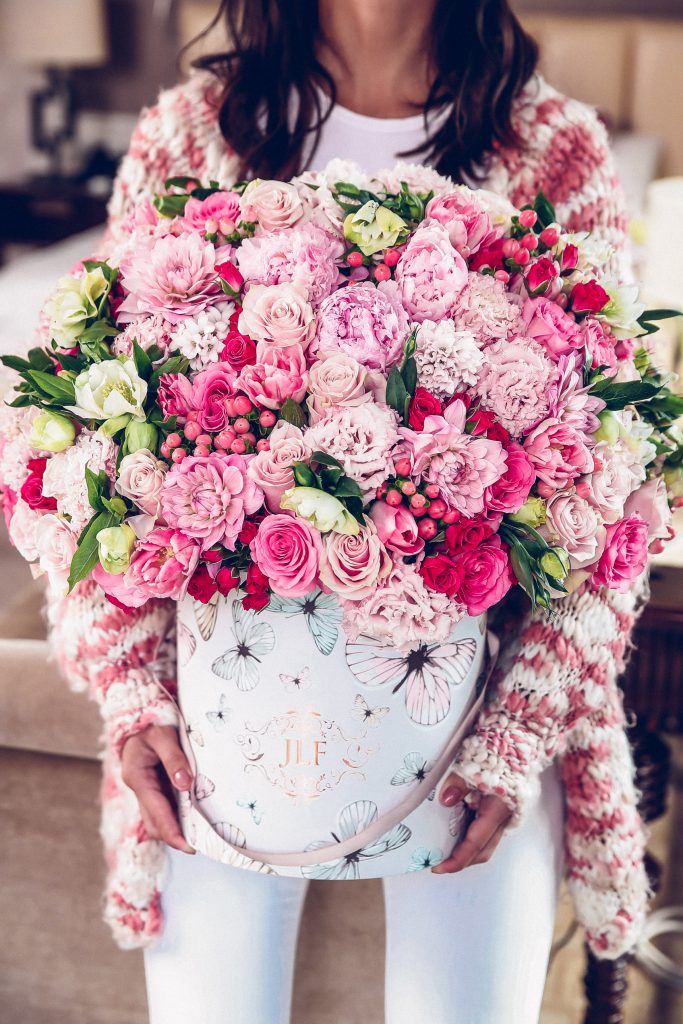We live in a flower-giving-culture. Thoughtfully and sometimes thoughtlessly, we give flowers —when a baby is born, when someone graduates or succeeds in something. We give flowers to someone to make them feel special, we also give them during times of uncertainty, commemoration and death. The thought that flowers have established a strong presence in the cycle of life is justified through personal and historical testimonies.
It is unknown when humans first started giving flowers to one another, but we know that it occurred with the hunter-gatherers, when the ‘hunter’ surprised the ‘gatherer’ with a handpicked bouquet to celebrate the day’s meal. This suggests that even then, gifting flowers was a means of communicating a special sentiment, which grew to be a tradition among cultures.
Despite the noticeable evolution of customs since the times of hunter-gatherers, we learn that the message behind giving flowers has remained the same. Celebration, they say.
Celebration of life: The ancient Greeks anointed the beginning of a child’s life by giving flowers after their birth. They believed that flowers were associated with Gods and by gifting flowers, they were declaring a strong and prosperous life upon the newborn.
Celebration of growth: We give flowers when someone succeeds professionally or educationally or when they embark on an adventure. Perhaps this, too, signifies the celebration of improvement and advancement.

Celebration of growth: We give flowers when someone succeeds professionally or educationally or when they embark on an adventure. Perhaps this, too, signifies the celebration of improvement and advancement.
Celebration of love: Significant others have offered flowers as an expression of appreciation and thought for ages. For example, they were an effective means of message delivery during the Victorian times, when etiquette dictated discretion and that was everything.
An admirer could present a young woman with a bouquet that included a red tulip, and this would be his declaration of love and interest in her. Since then, we have replaced the red tulip with a red rose, which epitomizes all that love and passion capsulize.
A celebration of life: What about using flowers in the event of one’s death. Regardless, funerals are not a happy time to be celebrated, what’s the role of flowers in this?
The tradition of incorporating flowers at a farewell service has been around for centuries, but now plays a role different than its original. Previously, they were used as a means of covering the unpleasant odors of a decaying body.
Nonetheless, societies advanced and so did their techniques of deodorizing dead bodies. This is when the practice of embalming came about and replaced the use of flowers for smell. Now, flowers simply shed light and beauty among the heaviness of a funeral. They encapsulate comfort, love, sympathy and respect.
Regardless of the occasion—-happy or sad— flowers are everywhere. Their presence is often overlooked, but their absence is heavily noted. Above all, their cheerful and delicate essence reminds us of our own beautiful significance in the world.
Author: Marian Sahakyan
